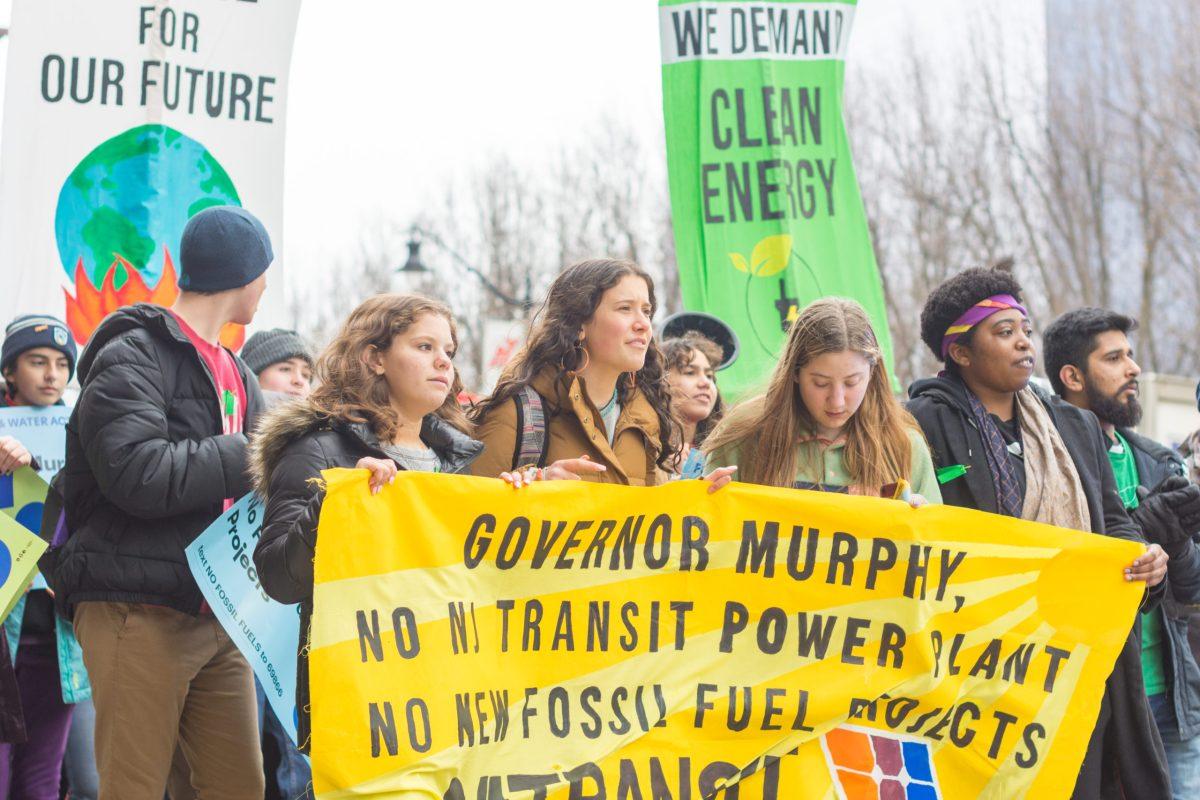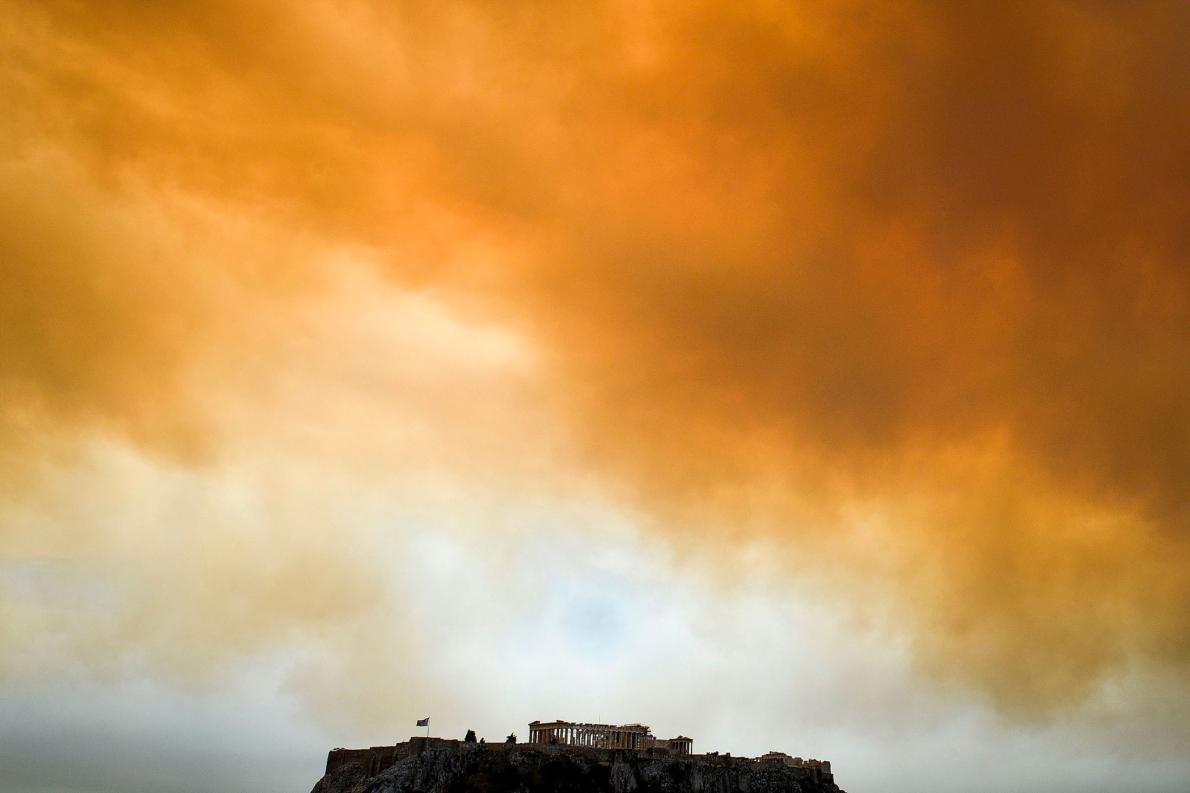Newark’s air quality is equivalent to smoking half a cigarette a day. This is according to Sh**t! I Smoke, an app designed to show local air quality anywhere in the world in terms of cigarettes smoked.
For example, breathing air in Beijing on a bad day is the same as smoking four cigarettes.
The idea for the app came to Amaury Martiny and Marcelo S. Coelho, a German and Parisian product developer respectively, after reading an article from Berkeley Earth that related air pollution to the number of cigarettes inhaled by a person.
When asked about comparing air and cigarettes, Coelho said, “The beauty of the equation Air Quality vs Cigarettes is how it takes very abstract, scientific measurements, and transforms the data into something much more tangible for the general public.”
According to Coelho, Paris averaged an air quality level of 10.9 particulate matter in April 2019. “This doesn’t say much, right? Well, in cigarette numbers it means that people living in Paris smoked half a cigarette every day this past month. It doesn’t seem much, but it’s almost 15 cigarettes a month.”
The Environmental Protection Agency (EPA) splits particulate matter into the categories of particles that can be smaller than 10 micrometers (dust, pollen, mold, smoke) and finer particles measuring 2.5 micrometers and smaller. The 2.5 micrometer particles, almost 30 times smaller than one hair follicle, can enter the lungs and irritate those with asthma or even contribute to heart and lung cancer.
These particles, which are pollutants released after industrial combustion, can also reduce visibility and cause the air to appear hazy.
For NJIT, the app pulls data from the New Jersey Department of Environmental Protection air quality station three kilometers south of campus. The data suggests that particulate matter is the driving factor in the equivalency to smoking cigarettes, whereas carbon monoxide and ozone are less important.
However, air pollution levels currently measure about 10% less than two years ago, with Newark sitting at an equivalent of 0.5-0.8 cigarettes per day. In contrast, New York City residents, only a few miles away, are breathing in the equivalent of 0.8-1.1 cigarettes a day.
Arthur Crossan, an NJIT professor of environmental engineering, mostly agreed with the given values for Newark air but contested that the particulate matter is less accurate due to localized particulate matter spikes from human activities. This means that activity such as construction or industrial pollution near the air quality station will show a different picture than what’s directly on campus.
Oseghale Ufuah, a sophomore Electrical Engineering and Computer Engineering double major, said, “Obviously it’s bad… I don’t want to be breathing in nonsense like that.” As a Newark resident, he agreed that “cigarettes smoked” is a much easier way to see the information.
Sneha Kafle, a freshman Computer Science major, said, “It’s scary how cigarettes kill millions and yet our air quality has gotten to the point where it’s comparable to something so dangerous.”
“The goal [of the app] was to raise awareness about the risks of air pollution,” Coelho said. “But the way of improving our air quality is not a secret, it’s just a matter of adopting more sustainable habits and respecting the environment.”
This story is part of our participation in a statewide climate reporting collaboration with members of the NJ College News Commons, a network of campus media outlets working together to cover the climate crisis in New Jersey.



































